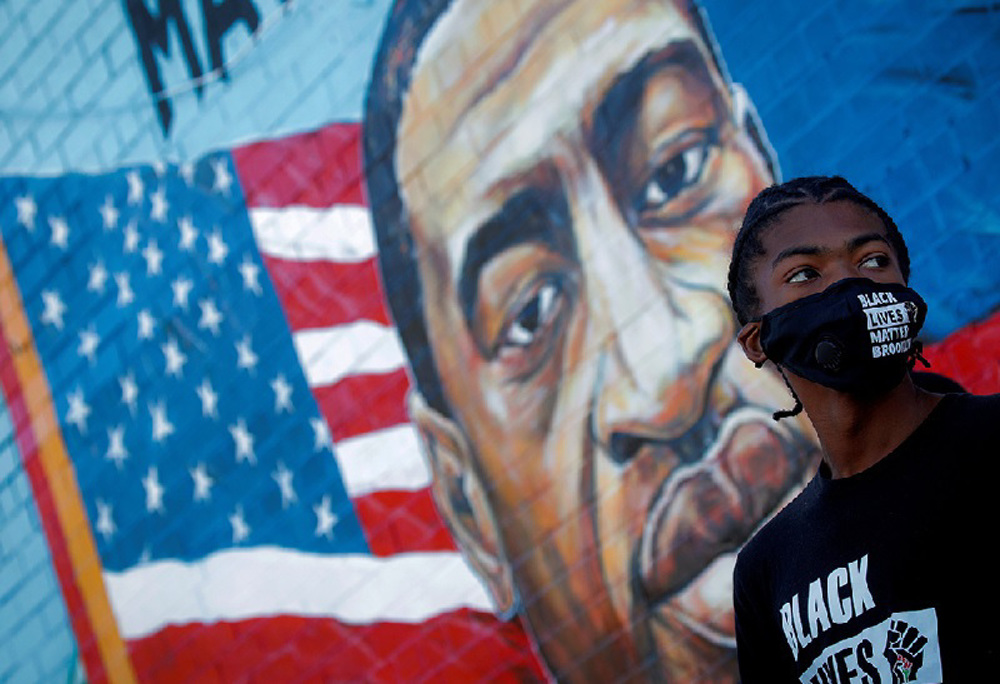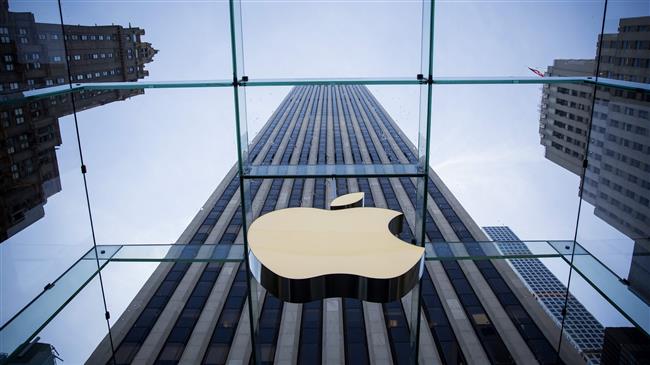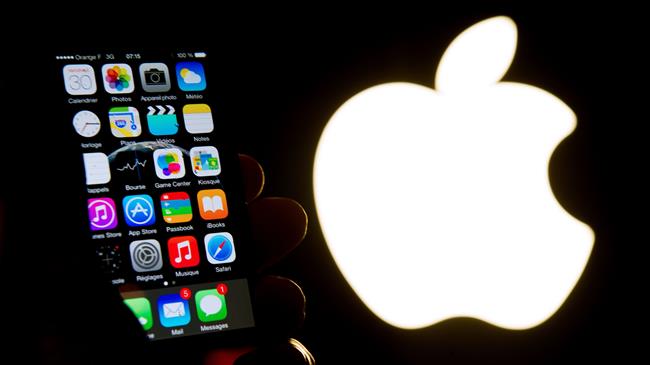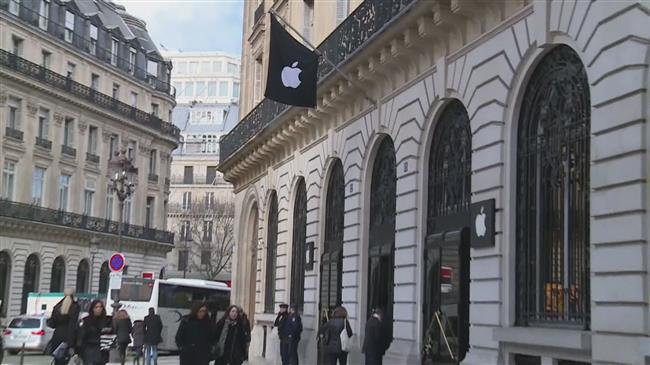US national security data demands from Apple increased
Smartphone maker Apple Inc. has released a transparency report on the US government data requests, saying the US national security increased its demands to access user’s accounts in the second-half of last year.
In its yearly transparency report on government data requests that was issued on Friday, Apple said more than twice as many requests were filed in the second half in 2017 than the same period in the previous year.
From July 1 to December 31 last year, the company said, it received up to 16,249 US National Security Requests (NSR) that affected some 8,249 accounts.
The number of requests rose 20 percent compared with the first half of 2017, when Apple received 13,499 such requests.
The most recent figures, however, are more than two-and-a-half times higher than the comparable period a year earlier, when Apple received only 5,999 such requests.
The tech firm had received requests by orders under the Foreign Intelligence Surveillance Act (FISA) as well as national security letters (NSLs). In both cases, the demands were issued by The Federal Bureau of Investigation (FBI) without being approved by a court.
Other technology firms also experienced an increase in national security request between the second half of 2016 and the first half of 2017.
With all national security letters, the order to demand customer data includes a gag order, which prevents the company or anyone else from disclosing the contents – even to the customer in question.

The controversial practice has repeatedly come under fire from companies, who argue that it constitutes a violation of freedom of speech and leaves law enforcement without any judicial oversight.
Companies and privacy advocates also criticize gag orders as outdated laws. Electronic Frontier Foundation has long been involved in a legal battle with the Department of Justice; challenging it in courts on the behalf of several US telecommunication companies.
Calling gag orders as unconstitutional, it argued that the controversial practice not only gives the FBI “immense investigatory powers,” but also silences its critics in the telecommunications industry, of which there are many, as they are unable to speak publicly about the letters they have received.
The National Security Agency, however, has tripled the surveillance of Americans' phone calls and text messages, according to the US intelligence community. Only last year, the agency collected over 534 million records.
The Office of the Director of National Intelligence (ODNI) also noted a slight increase in the surveillance of non-US citizens, from 106,469 to 129,080 individuals. The latter does not even demand judicial authorization.

US detains pro-Palestine university student after revoking her visa

Racist Trump policies rekindle white supremacy

Pro-Palestine students demand release of Georgetown Univ. researcher
Iran condemns Israel’s continued aggression against Lebanon
VIDEO | Iran Islamic Republic day
Yemeni forces attack US aircraft carrier with cruise missiles, drones
Germany set to deport four foreign pro-Palestine protesters
VIDEO | No more bakeries working in Gaza as Israeli blockade shuts down all entries to territory
Hind Rajab Foundation to file legal action ahead of Netanyahu’s planned trip to Hungary
VIDEO | Iran marks Islamic Republic anniversary
Russia warns of ‘catastrophic’ consequences if US attacks Iran










 This makes it easy to access the Press TV website
This makes it easy to access the Press TV website